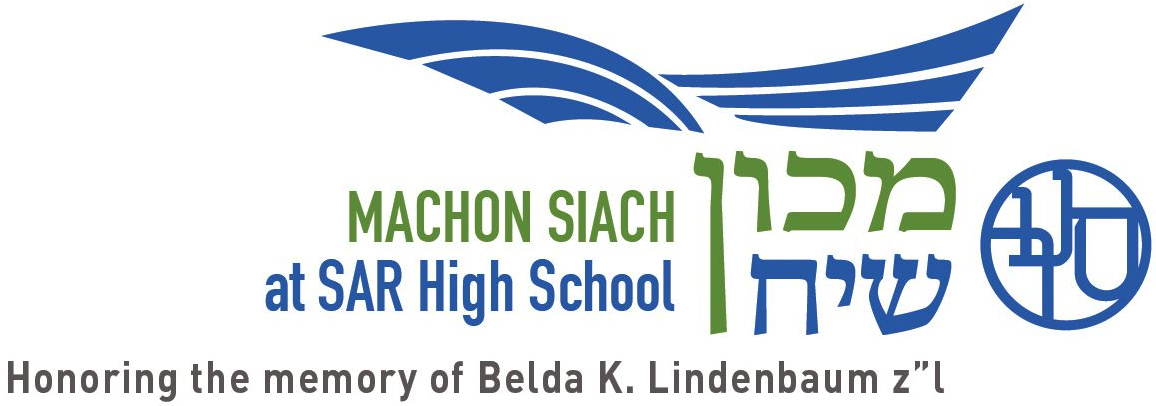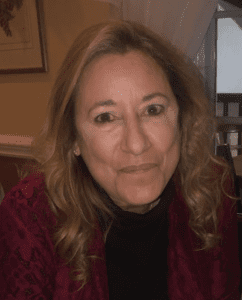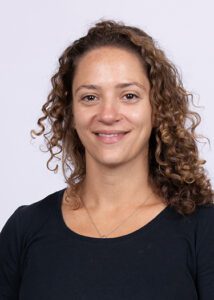
New Methods for History and English Skills
Three years ago, an exciting learning initiative was launched at SAR High School to respond to the needs of students challenged by the pace and content of mainstream English and history classes. In these “skills” classes, the same cohort of 10 to 12 students is taught by an English teacher along with a learning specialist and, during a different period of the day, a history teacher along with a learning specialist. The learning specialists collaborate with the classroom teachers to design the curriculum and join the class several times a week to offer direct support.
While this program was extremely successful during its first two years, this year, as part of the Machon Siach Innovation Lab, the 9th grade skills class has worked to create greater collaboration among the history and English teachers and the two learning specialists. This project has enabled us to more effectively align the two classes’ curricula and plan programmatic assessments to evaluate the effectiveness of the courses. In particular, we met with educational consultants to discuss how we could best assess and aid our students’ reading comprehension and analytical writing while using shared vocabulary and techniques to improve student outcomes.
At the beginning of the year, we analyzed students’ writing to determine their individual needs. Based on data gathered from that assessment, we created a template that students use to write paragraphs that require evidence followed by analysis. Color coding helps them identify these components of their writing. In both the history and English classes, we show students how to raise and refute a counterargument to add more complexity to their thinking and writing.
Students especially enjoy applying these thinking skills to more creative projects. For example, earlier this year in their history course, students wrote argumentative essays identifying the religion or philosophy that best promotes social order and ethical behavior for a mythical empire. Later in the term, while preparing to debate whether the Parthenon Marbles should be returned to Greece by the British Museum, students learned about potential bias in source materials as well as the need to address the most vital points of the opposing side. The resulting debate reflected a robust argument between the advantages of a global audience for the Marbles that the British Museum enjoys against the passion of Greek citizens yearning for the return of their plundered antiquities.
We also expose students to directed note-taking skills and analytical writing using a structured outline. In teaching note-taking, we provide scaffolding that we incrementally reduce over the course of the year to help students identify important ideas of their learning and organize them effectively. Writing often presents the greatest challenge for these students, so we focus on paragraph-level writing to encourage students to develop their ideas and craft an extended argument with multiple pieces of evidence.
In their English class, this same cohort of students focuses on becoming more active readers. To do so, we introduce new strategies to make reading less laborious and more accessible. For example, we spend class time previewing both vocabulary and comprehension questions before assigning a text. This strategy frees up students’ mental energy because they do not need to pause and consider unknown words while also trying to make sense of the text as a whole. In addition, previewing comprehension questions before reading the text provides students with cues to focus on important moments or details. We also explicitly teach students how to annotate and highlight their books while reading.
In other settings or later in their academic careers, students may be asked to answer questions after they have read a particular section. For our struggling readers, though, this retrospective search for information is challenging as it requires them to recall significant portions of what they have read. In contrast, when they highlight and annotate the text while reading, their reading is more active, and they are able to monitor their own comprehension. We have found, through these pedagogical experiments, that when we then ask students to review central moments of their reading in either English or history, they are much more able to locate textual evidence. This process also eliminates the need for students to use iPads or computers while we review their homework.
Another exciting skill we introduce in the English class is the “Question-Answer-Relationship” strategy. Students are taught to identify different categories of comprehension questions and how their answers relate to each type of question. For example, some questions’ answers are stated explicitly in the text while others are found by searching in more than one place in the text; some require using clues from the text and inferring while others ask students to make personal connection questions between their own lives and the text. By considering the question-answer relationship first, students can develop their answers more effectively.
As an extension of this skill, students also generate their own questions for the text and provide answers to those questions. Strong readers ask themselves questions while they read even if this work is not necessarily done consciously. Struggling readers, on the other hand, need to be taught how to engage with the text deeply enough that their reading inspires questioning of the text. This approach has become a staple activity in our classrooms, and our students have expressed excitement over generating their own questions. One student recently commented that when he has to find the answer to a teacher-generated question, he reads the assigned text only in search of that answer, but when he is trying to generate his own question, he thinks more broadly about what he is reading and pays more careful attention as he reads.
Finally, both the history and English classes will administer another reading comprehension assessment as the year comes to a close, paralleling our opening assessment. We hope to use the longitudinal data to monitor the progress students have made and measure the success of our new strategies in anticipation of future classes and our own professional growth. The chance to experiment with exciting new teaching methodologies has highlighted our students’ strengths even as we develop new ways for them to learn and grow in humanities classrooms that are thoughtfully tailored to their unique needs.




